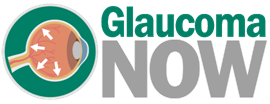Premier - Local Ophthalmologist
-
Macular degeneration
Dry macular degeneration is a common eye disorder among people over 50. It causes blurred or reduced central vision, due to thinning of the macula (MAK-u-luh). The macula is the part of the retina responsible for clear vision in your direct line of sight.
-
Macular Degeneration and How Do You Know if You Have It?
Macular degeneration is the leading cause of vision loss in North America.It affects probably about 10 percent of people over the age of 75, and so it’s the major cause of vision loss that we deal with as ophthalmologists.

There tends to be a very slow onset of distortion possibly, or just gradual diminution of vision over time. And it can be subtle. People may not even know they have it. So it is something that needs to be evaluated periodically by an ophthalmologist as you start to get older.







